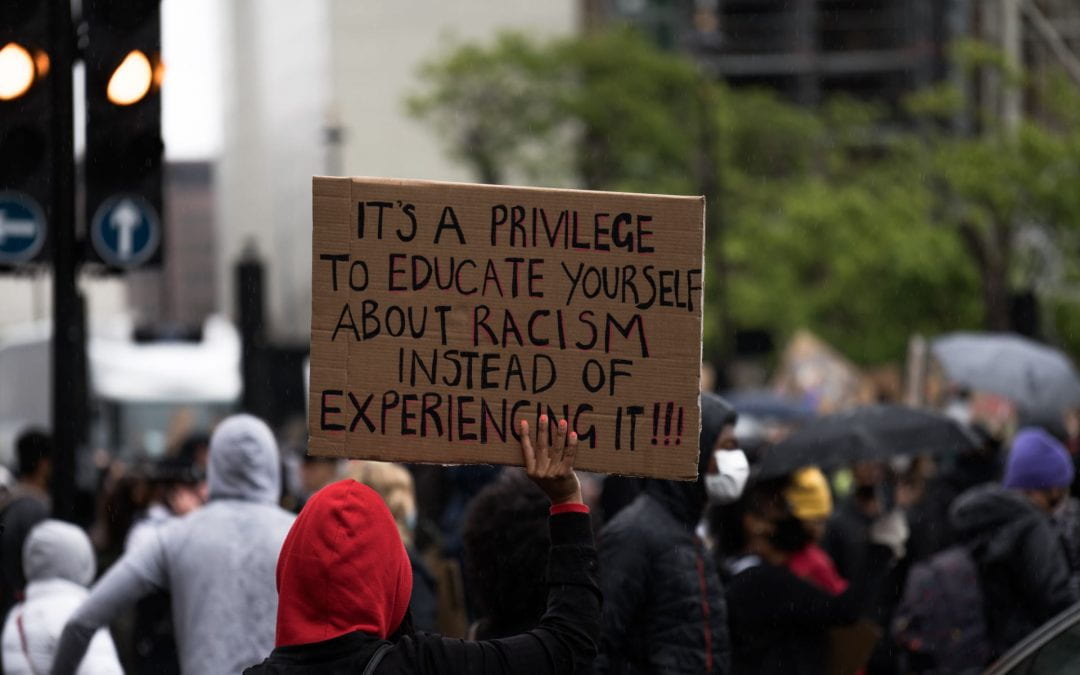In the last six months, several U.S. states have barred the teaching of critical race theory in schools. Critics suggest this campaign is to eliminate discussions of race in classrooms, while others suggest that critical race theory is poorly understood. But what is critical race theory? What effects will barring its teaching have on history, sociology, and politics? Doug Becker speaks with Utz McKnight, Laura E. Gómez, and David Livingstone-Smith.
Utz McKnight is a Professor of Political Science at the University of Alabama. He is an expert in political theory and is the author of Everyday Practice of Race in America: Ambiguous Privilege.
Laura E. Gómez is a Professor of Law at UCLA. She is an expert in criminal law and is the author of Inventing Latinos: A New Story of American Racism.
David Livingstone-Smith is a Professor of Philosophy at the University of New England. He is an expert in the philosophy of psychology and the author of Less Than Human: Why We Demean, Enslave, and Exterminate Others.
Podcast:
This interview originally aired on the Scholars’ Circle. To access our archive of episodes and download this interview, click here.
For more of our audio and visual content, check out our YouTube channel, or head to the University of Auckland’s manuscripts and archives collection.
Disclaimer: The ideas expressed in this discussion reflect the views of the guests and not necessarily the views of The Big Q.
You might also like:
What are the differences between race and ethnicity? 🔊
What is the historical context behind the George Floyd protests? 🔊

